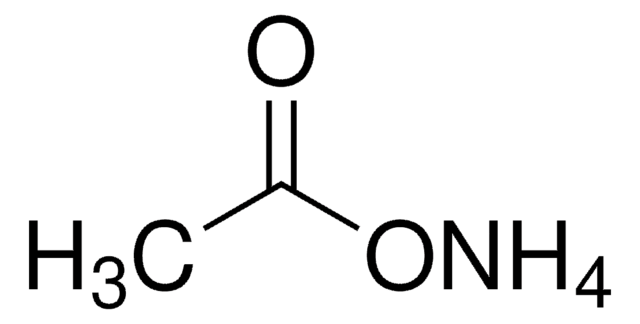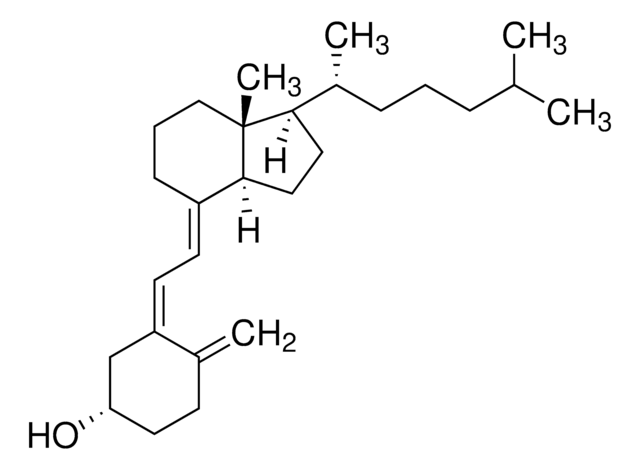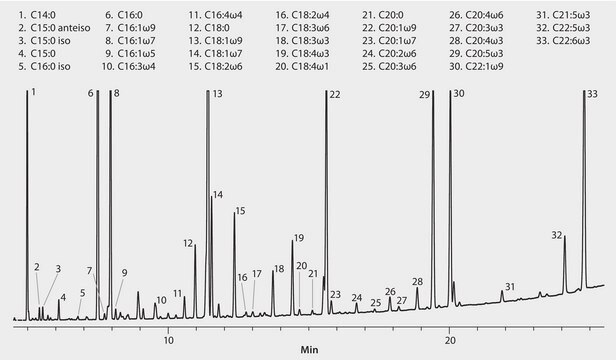23348-U
SP®-2560 Capillary GC Column
L × I.D. 75 m × 0.18 mm, df 0.14 μm
About This Item
Recommended Products
material
fused silica
Quality Level
agency
AOAC® 2012.13,Ce 1-h05,996.06
meets requirements for USP G5
parameter
≤25-250 °C temperature (isothermal or programmed)
Beta value
321
df
0.14 μm
technique(s)
gas chromatography (GC): suitable (fast GC)
L × I.D.
75 m × 0.18 mm
matrix active group
Non-bonded; poly(biscyanopropyl siloxane) phase
application(s)
agriculture
clinical
food and beverages
column type
capillary highly polar
Looking for similar products? Visit Product Comparison Guide
Related Categories
General description
USP Code: This column meets USP G5 requirements.
Phase:
- Non-bonded
- Poly(biscyanopropyl siloxane)
- Subambient to 250 °C (isothermal or programmed)
Application
Other Notes
Legal Information
Choose from one of the most recent versions:
Already Own This Product?
Find documentation for the products that you have recently purchased in the Document Library.
Customers Also Viewed
Articles
AOCS and AOAC methods for determining the trans fatty acid composition of foods by gas chromatography require the use of a highly polar cyanosilicone capillary column to provide the best peak resolution attainable of the numerous geometric (cis & trans) and positional isomers.
Protocols
Fast GC Analysis of Detailed cis/trans Fatty Acid Methyl Esters (FAMEs) on the 75 m SP™-2560 Capillary Column
Chromatograms
application for SPE, suitable for GCOur team of scientists has experience in all areas of research including Life Science, Material Science, Chemical Synthesis, Chromatography, Analytical and many others.
Contact Technical Service



